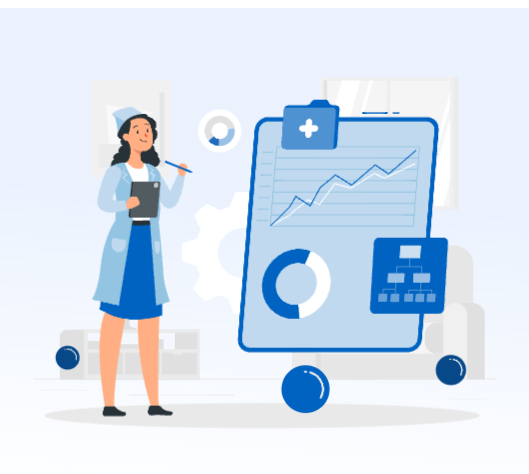In the fast-paced world of artificial intelligence (AI), finding and hiring top-notch talent is crucial for companies looking to stay competitive. Assessing the skills of AI developers effectively during the interview process is essential to ensure you're bringing the right people on board. In this article, we explore interview techniques and strategies for evaluating AI development skills to achieve hiring success.
Understanding the Key Skills
Before delving into interview techniques, it's important to understand the key skills and qualities you should be assessing in AI developers:
-
Programming Proficiency: Strong coding skills in languages such as Python, Java, or C++ are fundamental. Assess candidates' coding abilities through coding challenges and technical assessments.
-
Machine Learning Expertise: Evaluate candidates' knowledge of machine learning algorithms, model selection, and their ability to apply machine learning techniques to real-world problems.
-
Deep Learning: Assess their understanding of deep learning frameworks like TensorFlow and PyTorch, and their experience with neural networks.
-
Data Processing: Gauge their proficiency in data preprocessing, feature engineering, and data cleaning, as quality data is essential for AI model performance.
-
Problem-Solving Skills: Evaluate their ability to approach complex problems, break them down, and develop AI solutions.
-
Algorithmic Thinking: Assess their algorithmic thinking and problem-solving skills, which are vital for optimizing AI models.
-
Domain Knowledge: Consider their domain-specific knowledge, as AI often requires expertise in a particular industry or field.
Effective Interview Techniques
-
Technical Interviews: Conduct coding assessments and technical interviews that involve solving AI-related problems. Ask candidates to implement algorithms, work on machine learning projects, or optimize models during the interview.
-
Behavioral Interviews: Explore candidates' past projects and experiences. Ask about their approach to solving real-world AI challenges, how they collaborate with teams, and how they handle setbacks.
-
Case Studies: Present candidates with real-world AI scenarios or datasets and ask them to propose solutions or demonstrate their problem-solving skills. This allows you to assess their ability to apply AI techniques practically.
-
Whiteboard or Virtual Board Sessions: Use a whiteboard or virtual board session to evaluate candidates' ability to explain AI concepts, draw algorithms, or walk through complex AI models visually.
-
Peer Interviews: Involve current team members or subject matter experts in AI during the interview process. They can assess candidates' technical skills and cultural fit within the team.
-
Coding Challenges: Assign coding challenges or projects before the interview to evaluate candidates' problem-solving abilities, coding style, and approach to AI development.
-
Algorithmic Questions: Pose algorithmic questions that test candidates' analytical thinking and their ability to optimize AI models for performance and efficiency.
-
Behavioral Questions: Ask behavioral questions that reveal candidates' communication skills, teamwork, and adaptability, which are essential for collaborative AI development.
Assessment Criteria
To make fair and consistent assessments, establish clear criteria for evaluating candidates' responses. Consider factors such as the correctness of their solutions, the efficiency of their algorithms, and their ability to explain their thought processes and decisions.
Conclusion
Hiring top AI talent is a critical success factor for businesses looking to leverage artificial intelligence effectively. Employing effective interview techniques to assess AI development skills is key to identifying the right candidates who can drive innovation, solve complex problems, and contribute to the success of your AI initiatives.
Remember that AI development skills are not limited to technical proficiency alone; candidates should also possess problem-solving abilities, domain knowledge, and the capacity to collaborate effectively within your organization. By combining technical assessments with behavioral interviews and case studies, you can build a well-rounded evaluation process that leads to hiring success in the dynamic field of AI development.
Investing time and effort in designing a comprehensive and thoughtful interview process will pay off by helping you identify and hire AI developers who can propel your company's AI projects to new heights of success.
